THE ANCIENT ROOTS OF ARCHERY: UNVEILING AFRICA’S CONTRIBUTION
Travel your wayTHE ANCIENT ROOTS OF ARCHERY: UNVEILING AFRICA’S CONTRIBUTION Archery, a skill central to human survival and warfare, has a history that stretches back to the earliest stages of human prehistory. It is believed that the concept of hunting with bows and arrows may have originated in Africa and spread to various corners of the world through the migrations... THE ANCIENT ROOTS OF ARCHERY: UNVEILING AFRICA’S CONTRIBUTIONadmin
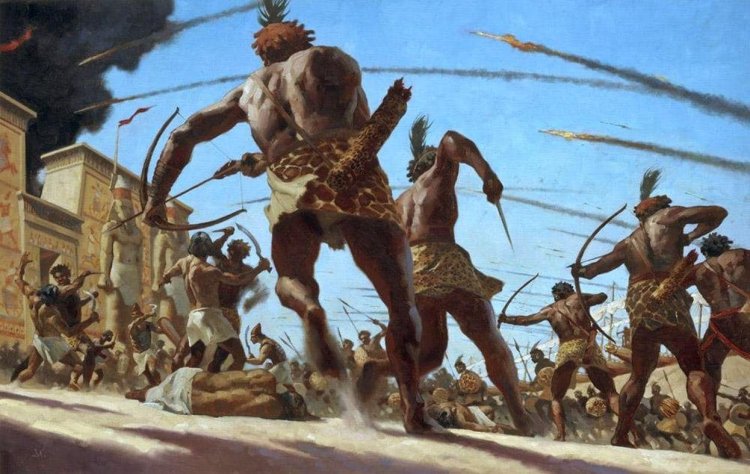
Travel your way
THE ANCIENT ROOTS OF ARCHERY: UNVEILING AFRICA’S CONTRIBUTION
Archery, a skill central to human survival and warfare, has a history that stretches back to the earliest stages of human prehistory. It is believed that the concept of hunting with bows and arrows may have originated in Africa and spread to various corners of the world through the migrations of early human populations. The evidence of archery’s ancient origins can be traced back to South Africa, where the earliest remnants of stone and bone arrowheads were discovered in Sibudu Cave, located in northern KwaZulu-Natal. These artifacts from the Middle Stone Age have been scientifically dated to be between 60,000 and 72,000 years old, making them some of the earliest known evidence of archery in human history.
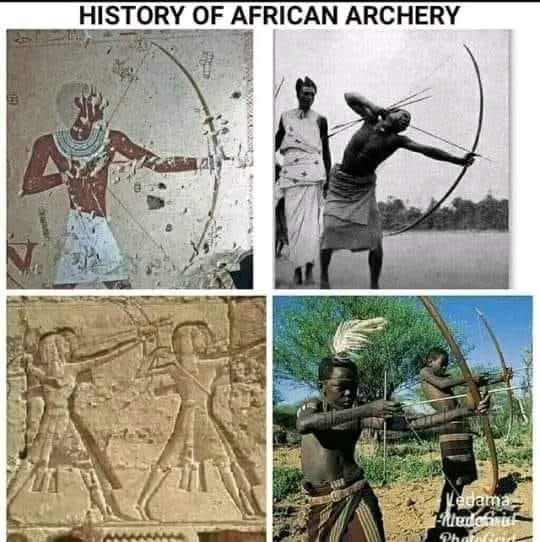
In the ancient Kemetian civilization, the region outside their southern borders was referred to as Ta-Seti, which translates to “Land of the Bow,” highlighting the significance of archery in the culture of the time. This reinforces the notion that archery was an integral part of hunting, warfare, and daily life in ancient Africa.
Despite the advancement of firearms over time, bows and arrows continued to be utilized in many parts of Africa well into the twentieth century, and even some rare instances extended into the twenty-first century. Notably, in the early twentieth century, archers from the region formerly known as the Land of the Bow, modern-day Sudan, were known to repel cavalry effectively by firing arrows from a tight formation. These archers were known to use poisons derived from a combination of monkey entrails, snake venom, ulcer pus, and, surprisingly, even menstrual fluid. Such lethal concoctions demonstrate the ingenuity and resourcefulness of ancient African archers in maximizing the effectiveness of their weapons.
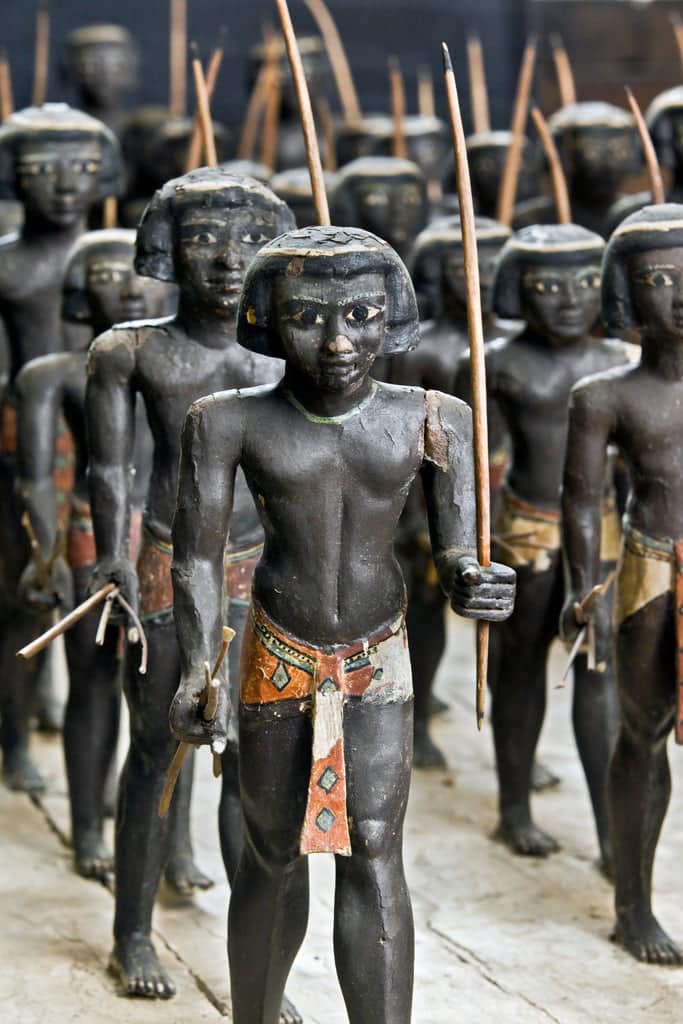
In modern times, traditional archery practices have persisted in certain regions of Africa. In Kenya, for instance, poisons were made from scorpion venom and extracts from the strophanthus plant, and the arrowheads were carefully wrapped in leather or slotted backward into the arrow shaft to preserve the poison’s potency. In northern Tanzania, the Hazda, a traditional hunter-gatherer community, still practices archery as an essential aspect of their way of life. Similarly, the San people of southern Africa continue to rely on traditional bows as their primary weapons, preserving the ancient techniques that have been passed down through generations. The San people are known to straighten their arrow shafts by skillfully sliding them along the groove of a heated stone known as a !kui, showcasing their expertise in crafting effective arrows.
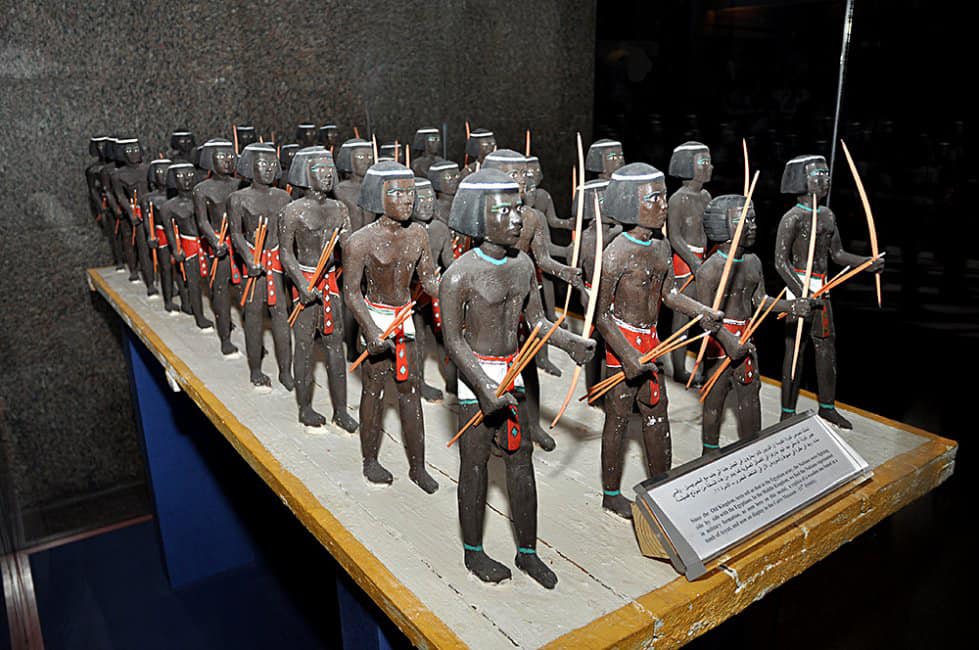
Ethiopia, too, has a long history of employing the bow and arrow for both hunting and warfare, dating back millennia. The Maya, a distinct ethnic group from Africa (not to be confused with the Central American civilization), were particularly renowned for their exceptional archery skills. So impressive were their abilities that they were sought after as mercenaries, much like the Nubians of ancient times.
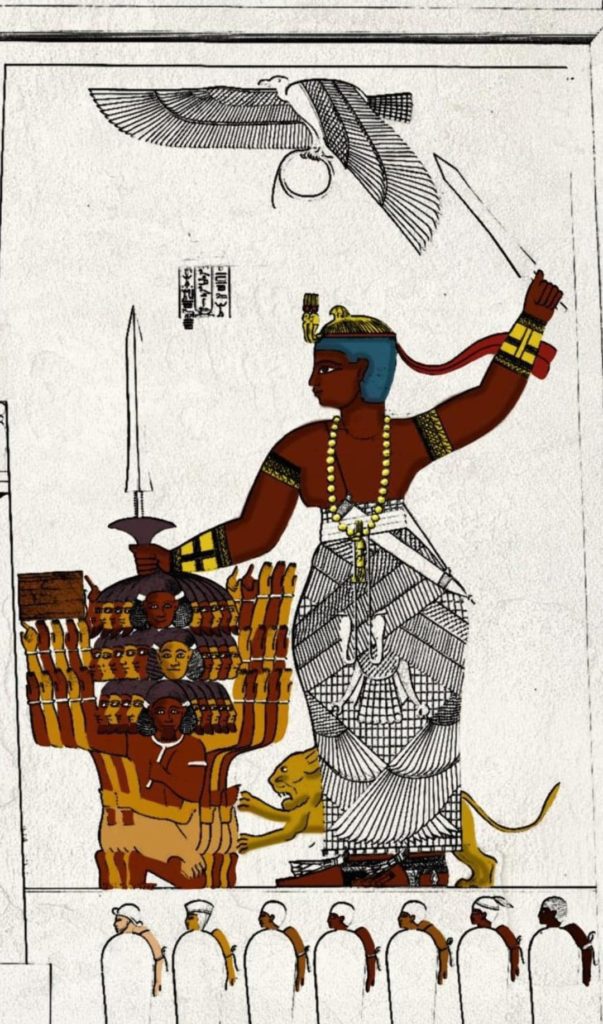
As we explore the ancient roots of archery, it becomes evident that Africa’s contribution to this timeless skill is of great significance. From the discovery of ancient arrowheads in South Africa to the continuation of traditional archery practices among various African communities, the continent’s connection to archery is a testament to the enduring legacy of this art form in shaping human history. By delving into the origins of archery and its continued use in Africa, we gain a deeper appreciation for the ingenuity, adaptability, and resilience of ancient African cultures and their enduring impact on the development of human civilization.
THE ANCIENT ROOTS OF ARCHERY: UNVEILING AFRICA’S CONTRIBUTION
admin
















